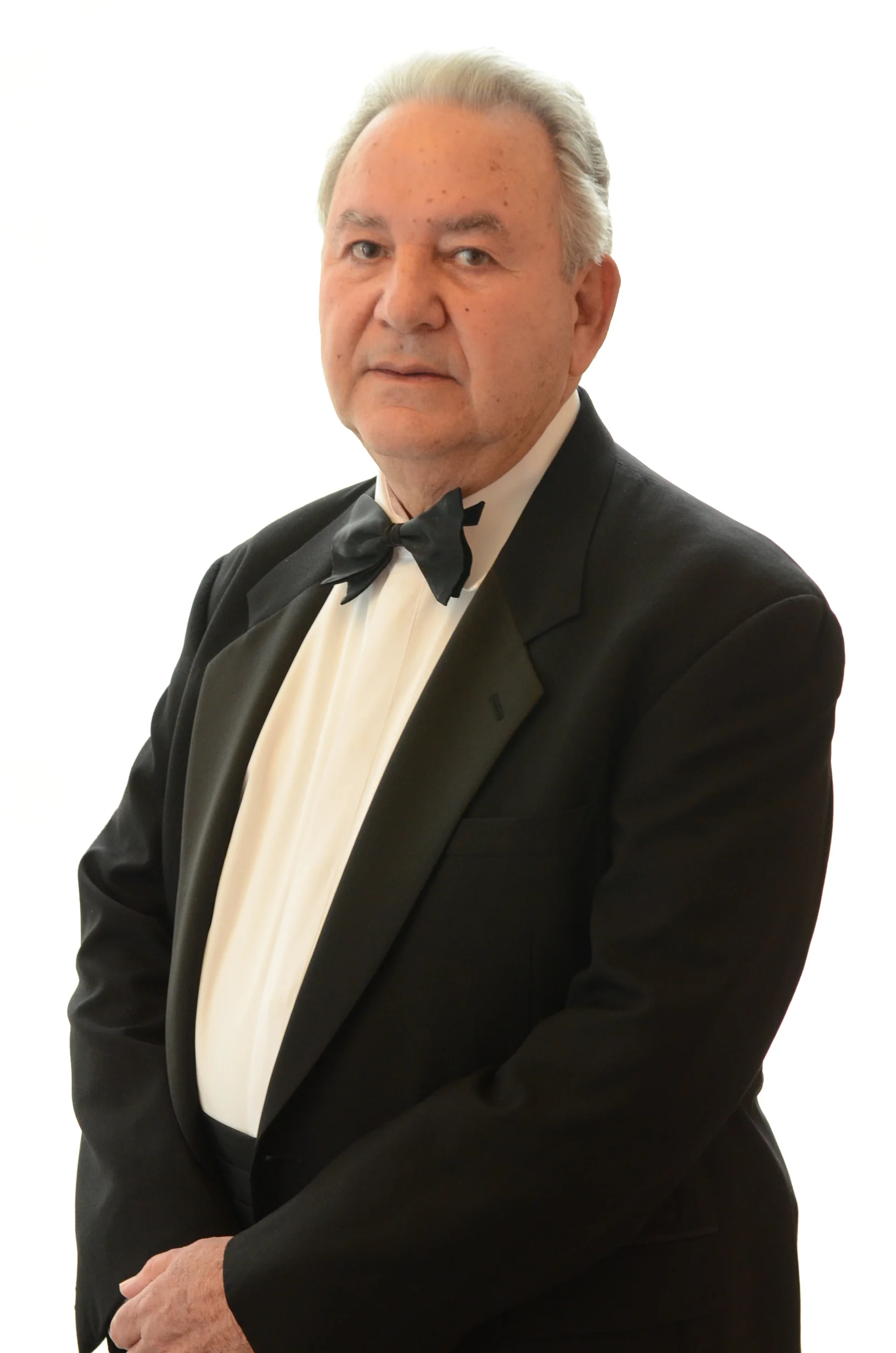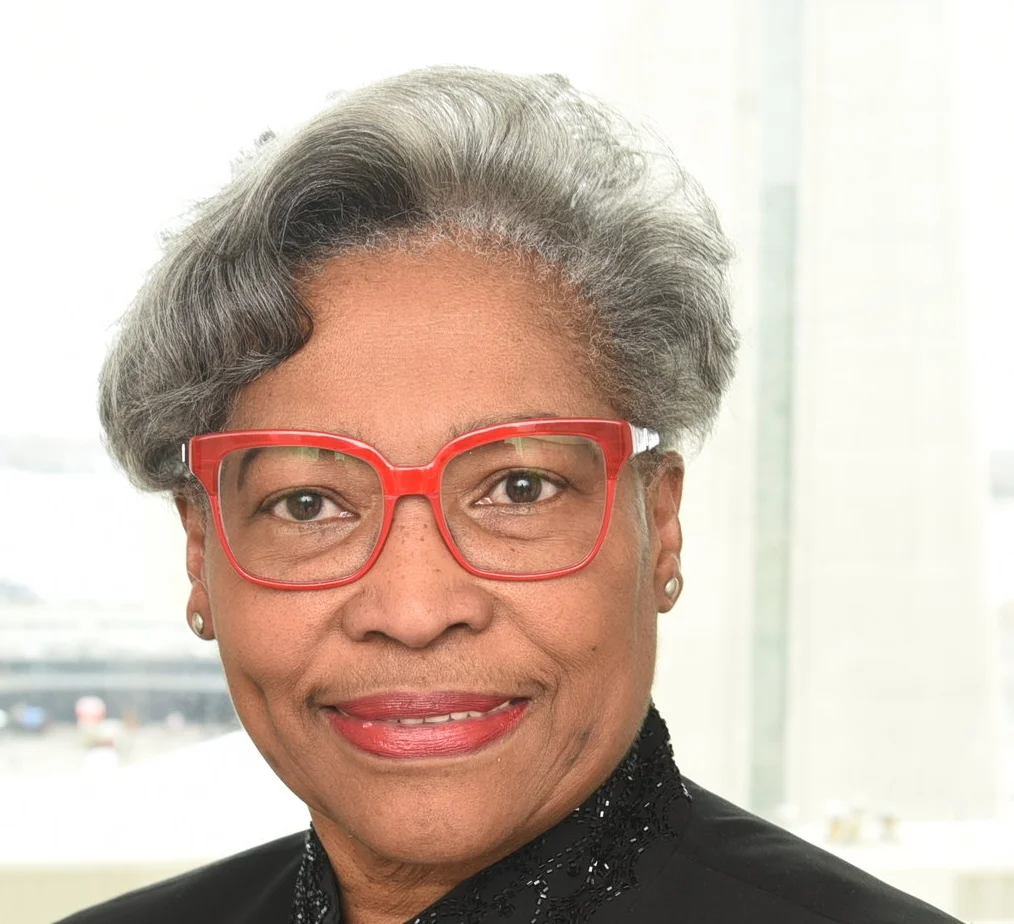UWI honours Dr. Herbert Ho Ping Kong
When the University of the West Indies (UWI) needed help from the Canadian Diaspora community to raise funds to provide scholarships for Caribbean students, the late Ray Chang and his wife, Donnette Chin-Loy, agreed to be the patrons of an annual gala – on one condition. Close friend and senior consulting physician, Dr. Herbert Ho Ping Kong, had to be the event’s chair.
Since the inaugural gala five years ago, $1 million has been raised and 230 students – many of them the first in their family to pursue post-secondary education – have been awarded scholarships.
Dr. Ho Ping Kong has also mentored and trained scores of Caribbean doctors during their residency at Toronto Western Hospital whose Centre of Excellence for Education & Practice bears his name.
To recognize his significant contributions, the Jamaican Government conferred Ho Ping Kong with the Order of Distinction on National Heroes Day last week and the UWI celebrated him at a reception a few hours later at the Jamaica Pegasus.
“We are forever indebted to Dr. Ho Ping Kong, Ray and Donnette for the remarkable work they have done,” said Elizabeth Buchanan-Hind, the university’s chief fundraiser.
The distinguished medical practitioner has enjoyed an extensive career as an exemplary practicing consultant physician and teacher with key leadership roles in medical education and program development at the local, provincial and national levels.
While Canada has been his home for the last four decades, Ho Ping Kong has never forgotten the land of his birth. He spearheaded a program for Jamaican doctors to receive specialist training at the University Health Network (UHN), a contribution that has had a positive multiplier effect on Jamaica’s health care system.
Ronald Thwaites, Jamaica’s Minister of Education, isn’t surprised that his St. George’s College schoolmate in the 1950s is a staunch benefactor.
“It was at St. George’s and other high schools that a whole generation of Jamaican students learned the meaning of generosity of spirit,” he said. “We also learned that happiness could be achieved not only by material possessions and high fame individually but rather by the gift of ourselves to others. The fact is that under the guardianship of Ray and Donnette, there is a whole set of Jamaicans following a long historical tradition who have decided to live away from Jamaica, but who have never forgotten where their social and intellectual navel strings were buried and who gave back in a variety of ways.”
Thwaites said the UWI Faculty of Science is graduating almost 300 students annually.
“Compare that with the 30 who would have graduated with Herbie a generation and more ago,” he said. “The continuing work of the alumni in Canada and their friends who support UWI is not incidental. It’s pivotal to the growth and sustenance of higher education and it is of great interest and significance that one such as Herbie has shown the enduring loyalty that he has for his country of birth. This honour to Herbie has been long in coming and we are thrilled that someone of his character should have been awarded.”
Professor Horace Fletcher, the dean of the UWI medical faculty, said Ho Ping Kong stands out as a benefactor.
“As an old UWI graduate myself, I reflect that there are many of my colleagues who have received a first-class education and have not really given back to UWI,” he said. “Dr. Ho Ping Kong represents one of the few who has remembered from whence he came and that gives me great pleasure and joy to say. He has gone beyond giving back as an alumnus. He has trained a large number of our fellows which is quite significant. It’s my wish that every single UWI graduate would become a benefactor and give back to the university.”
After completing his first degree at the University College of the West Indies that became the University of the West Indies in 1948 and studying in England, Ho Ping Kong returned to Jamaica and taught at UWI for about two years before migrating to Canada in 1973.
“We became acquainted on my return from post-graduate training in the United Kingdom and Nigeria when he was an intern,” said Dr. Knox Hagley, who chairs the Jamaica Heart Foundation and the Jamaica Coalition for Tobacco Control. “He showed me that he was ready to learn.”
Turning 76 next month, Ho Ping Kong attributed his success to teachers and mentors in Jamaica.
“I stand on the shoulders of others like Father Charles McMullan (St. George’s principal from 1950 to 1960) who really committed to being the best,” he said.
Ho Ping Kong also spoke glowingly of former University College of the West Indies medical professor, Dr. Eric Cruickshank, who died eight years ago.
“He was tough, but he was fair and he had very high standards,” he said.
UWI fifth-year medical student and violinist, Jessica Yap, serenaded Ho Ping Kong to a medley of songs.
“I went to him last year for my elective and spent three weeks in Toronto in the summer following him around at his hospital,” said the classically trained musician, who performed at the 2008 Beijing Olympics. “He taught me about patient care and it was such an amazing experience. I also have never seen a doctor who is so adored by his patients.”
Ho Ping Kong joined McGill University 42 years ago as a full-time staff member and founded the division of general internal medicine at the university’s Royal Victoria Hospital.
After a decade in Montreal where he learned to speak French, he came to Toronto in 1984, was promoted to full professor six years later by the University of Toronto and was appointed physician-in-chief at Toronto Hospital in 1992 with particular emphasis in the education portfolio. In 2004, he became the inaugural holder of the Gladstone and Maisie Chang endowed chair in internal medicine teaching at the UHN and the U of T.
Ho Ping Kong was responsible for creating an evidence-based curriculum in core internal medicine program for resident trainees and instrumental in redefining the role of general internists on the clinical teaching units.
The UWI Toronto gala vice-chancellor award winner five years ago drew on his extensive dossier of personal cases and five decades as a clinician to examine the core principles of a patient-centred approach to diagnosis and treatment in a new book, The Art of Medicine: Healing and the Limits of Technology, that he co-authored with Michael Posner and which was released last year.
While recognizing and applauding the many invaluable innovations in medical technology, he insists that physicians must learn to develop an arsenal of basic skills, actively using the arts of seeing, hearing, palpation, empathy and advocacy to provide a more humane and holistic form of care.





